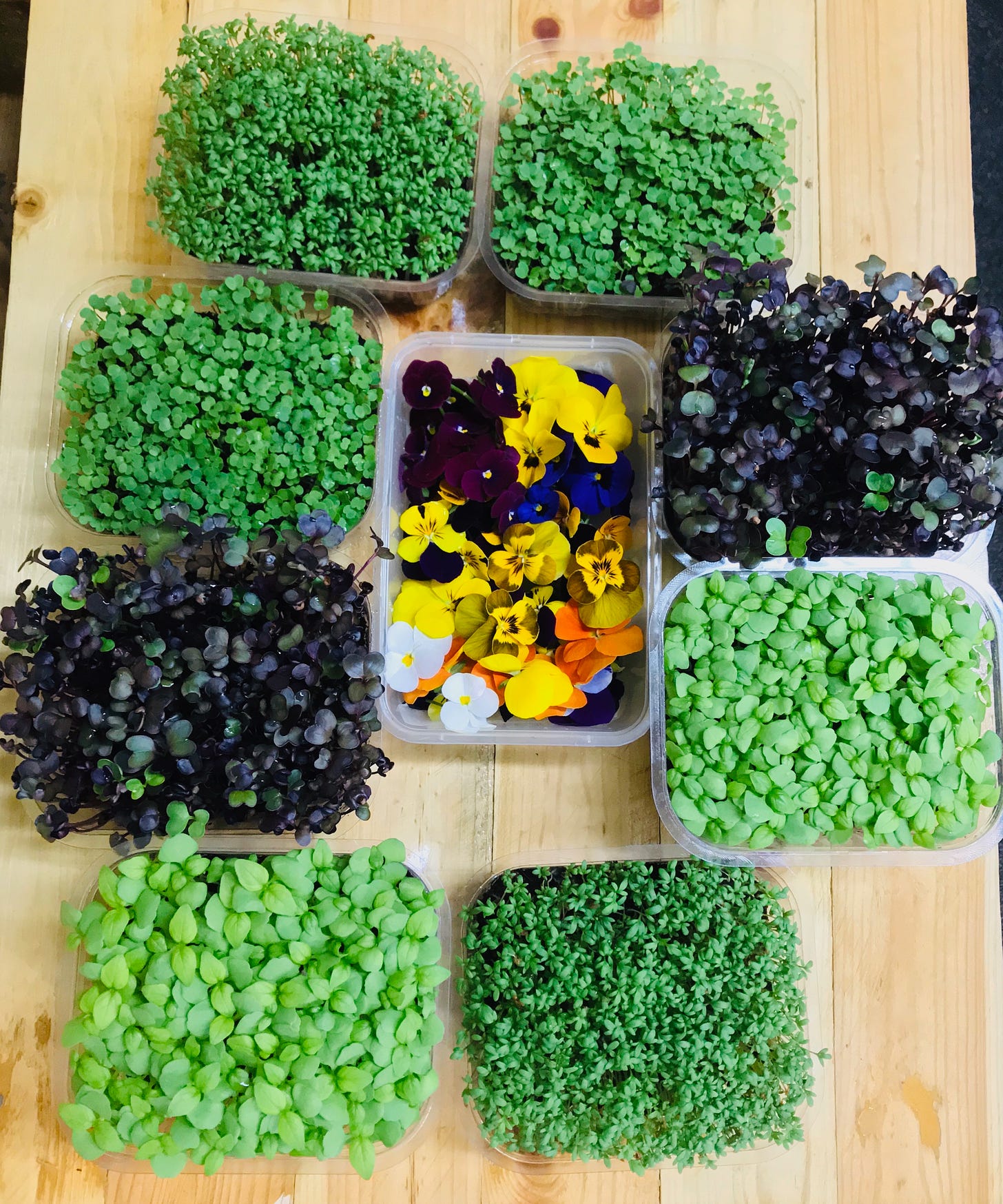
If you listened to this week’s Garden Basics with Farmer Fred podcast (Ep. 269: “Growing Your Brain Food Garden”), you heard Dr. Laura Varich of FreshPhysician.com tout the cholesterol-fighting qualities of many home grown vegetables. Lowering cholesterol levels is widely known as a key factor in reducing heart disease. According to Varich, you’re not only doing your heart a favor, but also your brain. High cholesterol levels can also lead to blockages in the brain which can lead to a stroke. And recent evidence has shown that the same narrowing of those brain vessels is also associated with Alzheimer's disease. It seems that plaques and tangles that develop in Alzheimer's disease are likely not to cause the disease, but are instead the brain's response to the damage to that poor blood flow. Examination of the brains of Alzheimer's patients have found significant blockages in the arteries that bring blood to the critical memory centers of the brain. In other words, it's very similar to heart disease and stroke. High blood cholesterol is a major risk factor for the development of Alzheimer's disease.
Among the garden crops that are some of the best for reversing high cholesterol levels (in conjunction with a reduction in consumption of ultra processed food and getting regular exercise) are greens, whole grains and cruciferous vegetables such as broccoli, cauliflower, kale and cabbage. She is especially fond of growing microgreens. Here’s Dr. Varich’s list of the nine best food groups for brain health:
If you live in a hot summer climate, however, growing many of the greens and cruciferous vegetables is seemingly near impossible before they bolt and turn bitter. Those crops definitely prefer a cool climate (where summer temperatures seldom get into the upper 90’s), or the mid-to-late fall, winter, and early spring climate of USDA Zones 9 and 10.
So can a hot climate gardener, who wants to eat healthier homegrown vegetables year-round, thwart this summertime stop sign? Yes.
In today’s Beyond the Garden Basics newsletter podcast (above) we present three ways to eat healthy, homegrown greens year round:
Growing Microgreens with Master Gardener Gail Pothour (at 00:00 of the newsletter podcast)
How to Grow Cilantro in a Hot Summer Climate with Renee Shepherd of Renee’s Garden seed catalog (22:37)
Growing the Cheapskate Salad Bowl, with Brad Gates of Wild Boar Farms (25:24)
Lettuce Varieties to Grow in Hot Summer Climates
An especially vexing garden issue for greens lovers in USDA Zones 8, 9 and 10: How do you grow lettuce in the summertime? We discussed this in Episode 264 of the Garden Basics podcast with vegetable expert and Master Gardener Gail Pothour. A transcript of that conversation follows:
Farmer Fred: All right, now we come to number nine on the list of the 10 most popular garden vegetables and it's a cool season crop in California. If you live in a very mild climate, or the Bay area of California, you can certainly grow all the lettuce varieties you want. And I can I can see why people grow lettuce and I hope that you try something different than Iceberg. Iceberg, to me, is the least nutritious, colorless, tasteless, lettuce that has fallen into mass marketing. There's a lot of leaf lettuce varieties that are so much tastier and also can withstand heat better than Iceberg.
Gail Pothour: Yeah, I was gonna say Iceberg doesn't do that well in the Sacramento area. We're too hot. And so we generally recommend gardeners to try looseleaf or romaine or one of the butterhead types. But if you need to have an Iceberg, pick that up at the store, don't try growing it. It won't do that well here.
Farmer Fred: Yeah, it's a waste of space. As a matter of fact, I have been on a lifelong garden search for a lettuce variety, a loose leaf lettuce variety, that can take the heat. Some are better than others as far as getting through July, perhaps. But it seems like when July turns into August, they all start bolting.
Gail Pothour: Right. And actually, several years ago, we did an experiment two years in a row at the Fair Oaks Horticulture Center. Because we get this question a lot, “Why can't I grow lettuce in the summer?”. So we thought okay, let's find some varieties, and grow them through the heat of summer and see how they do. First off, you need to start with some varieties that are heat resistant, like Jericho that was bred in Israel, so it's a little more heat resistant. And we tried half dozen or so different varieties we monitored when we planted them, how many weeks it was before they started bolting. Some did better than others. Some did pretty well. But what we found is you need to mulch heavily to keep the moisture in, to keep them well watered, provide shade during their entire lifespan in the summer, and then be prepared as soon as one starts to bolt, take it out and then replant with another transplant. So kind of a succession planting. It is possible but it's a lot of work. It takes a lot of water and shading and monitoring. Not sure if it's worth it or not. Grow it in the shade if you have a shady location but often it's not just the sunlight, it is the heat and that’s true even in the shade in Sacramento. We can be fairly warm in the summertime. So it's a tough thing to do.
Farmer Fred: The closest green I found that can be grown year round and especially if you do it in the shade it does okay here, and that’s swiss chard.
Gail Pothour: Right yeah, that can be grown year round. I have done it in an area of my yard where it got some afternoon shade in the summertime. And it was able to survive over summer. But yeah, any of the other leafy greens are going to be a little tough. One of my favorites or absolute favorite lettuce is called Pomegranate Crunch. It's a red romaine. And it is very good. I get it as pelleted seeds, which makes it a little bit easier to germinate. Lettuce can have a difficult time germinating. Lettuce does need light in order to germinate. So don't plant the seed too deeply. Pelleted seeds don't have that problem. But I think sometimes if people have difficulty getting lettuce to germinate, it’s because maybe they buried it too deep. It needs light. It's one of the few vegetables that needs to light to germinate.
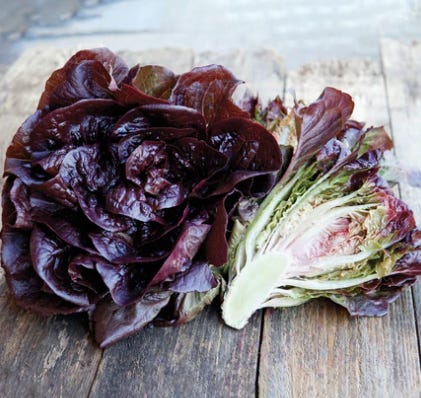
Farmer Fred: And I believe it's one of those seeds that will not germinate in heat.
Gail Pothour: Right, right. If you tried sowing lettuce seed in the summer, maybe for a fall crop, it is difficult. If your soil temperatures are too warm, the lettuce seed can go dormant. So if you're also starting it indoors, whereas I use a heating mat to get a lot of my seeds to germinate, you don't use a heating mat for lettuce because the soil will be too warm and lettuce seed will go dormant in heat.
Farmer Fred: Some of the varieties that have been recommended as heat tolerant lettuces that I've grown over the years, and they're barely heat tolerant, are Black Seeded Simpson and Amish Deer tongue. They're pretty good. But like I said, they do eventually bolt. But I think one good rule to remember is if you want lettuce to last in the yard as long as possible, grow loose leaf varieties, not head lettuce.
Gail Pothour: Right. And of the ones that we did in our heat tolerant trial, yhe ones that did well besides Jericho was Year Round Bronze. It's an oak leaf variety, and it was late to bolt in the summer so it actually did very well. Red Cross is a red butterhead, Merlot is a dark red leaf lettuce, and “Paradai”, a red oak leaf. That's one of my favorites, but I can no longer find seeds for it. And then Nevada. It's a green loose leaf, kind of a semi heading type. So all those did well as well as completely expected in our summer heat. So they did better than a lot of other varieties.
Farmer Fred: I'm glad you mentioned Nevada because I have grown that one before and it it was pretty good. But I think if you want a dependable green, do the Swiss chard.
Gail Pothour: Right, I agree.
Brad Gates’ of Wild Boar Farms and his “Cheapskate Salad Bowl”
Thank you for also listening to the Garden Basics with Farmer Fred podcast! It’s available wherever you get your podcasts. Please share it with your garden friends.
Fred Hoffman is also a University of California Cooperative Extension Master Gardener in Sacramento County. And he likes to ride his bike.

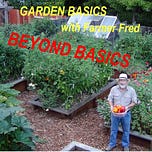

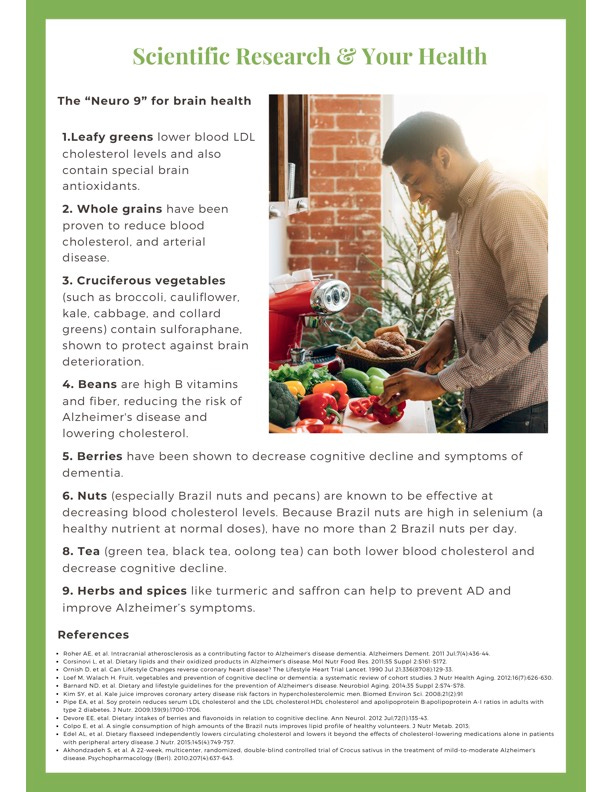



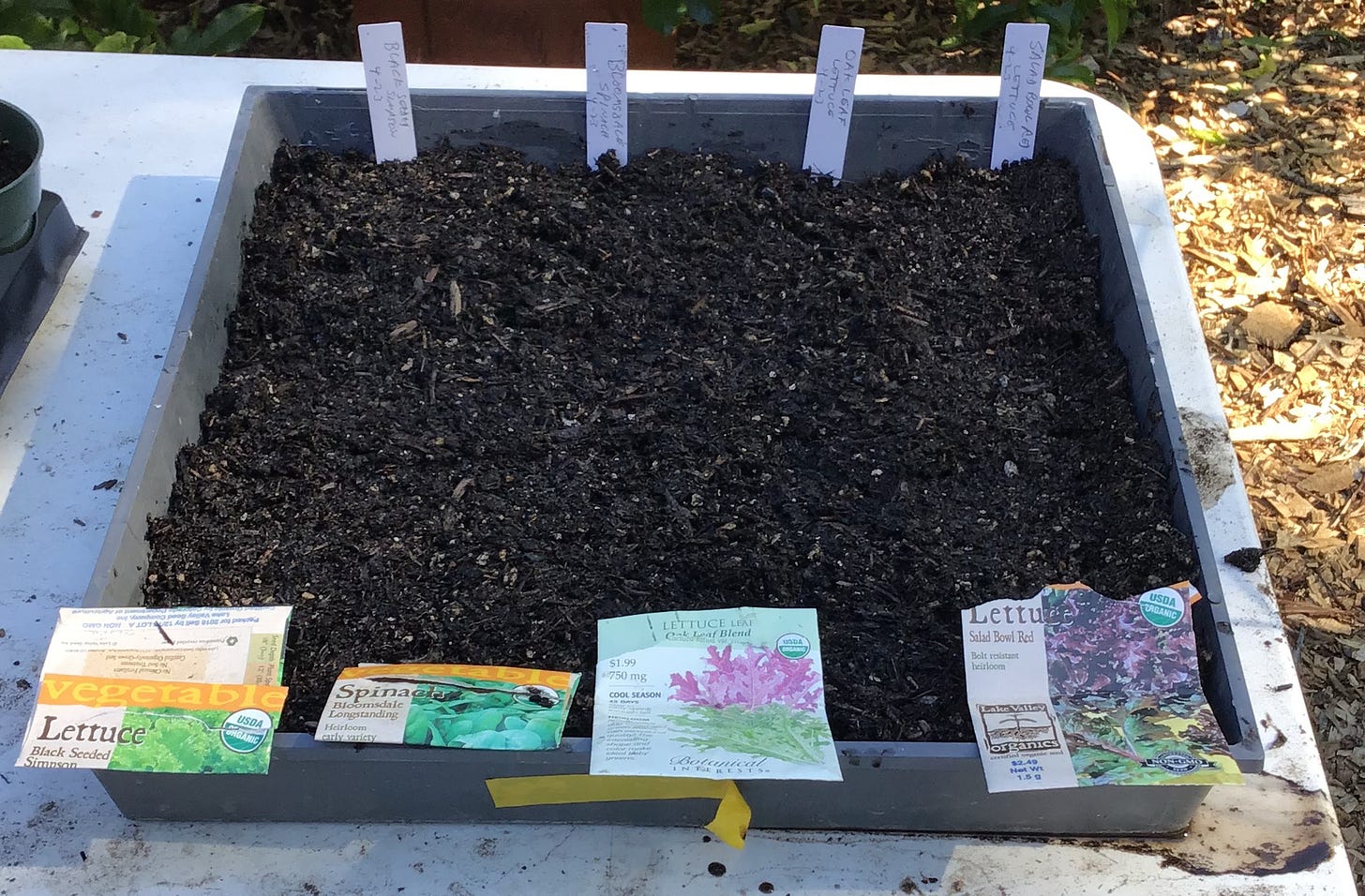
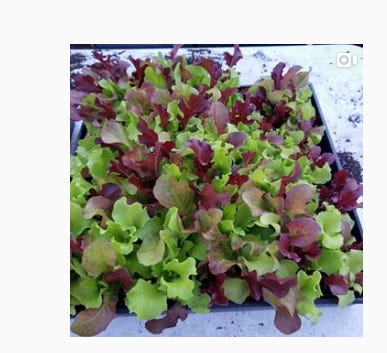


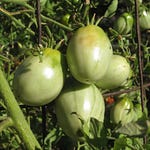







Share this post